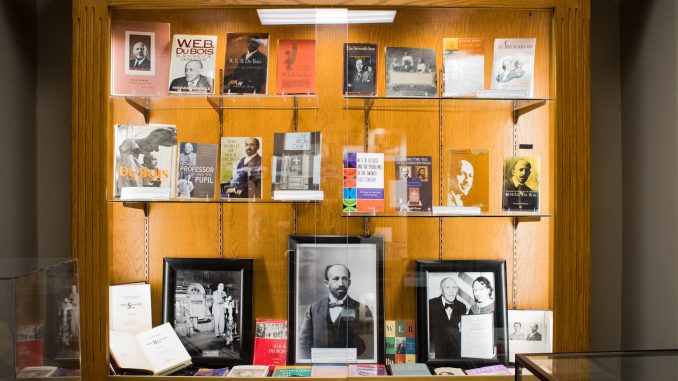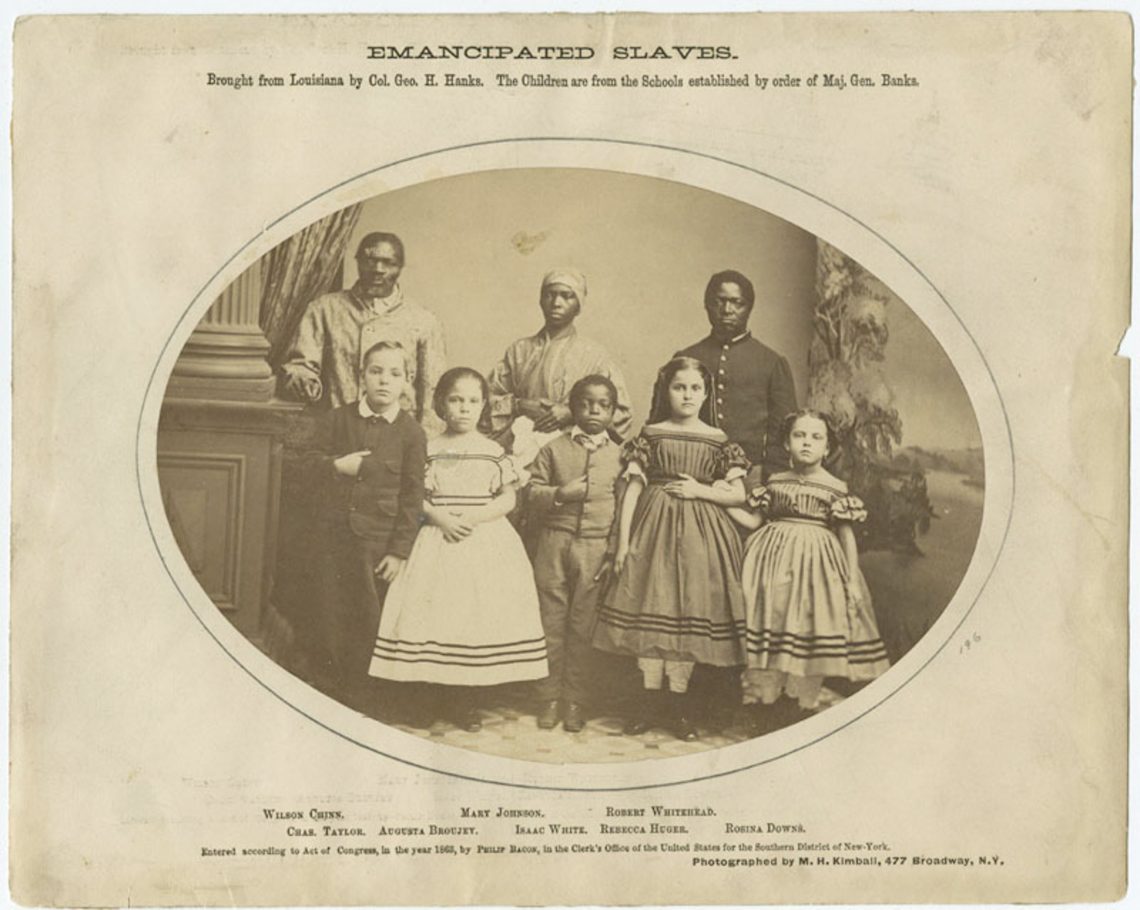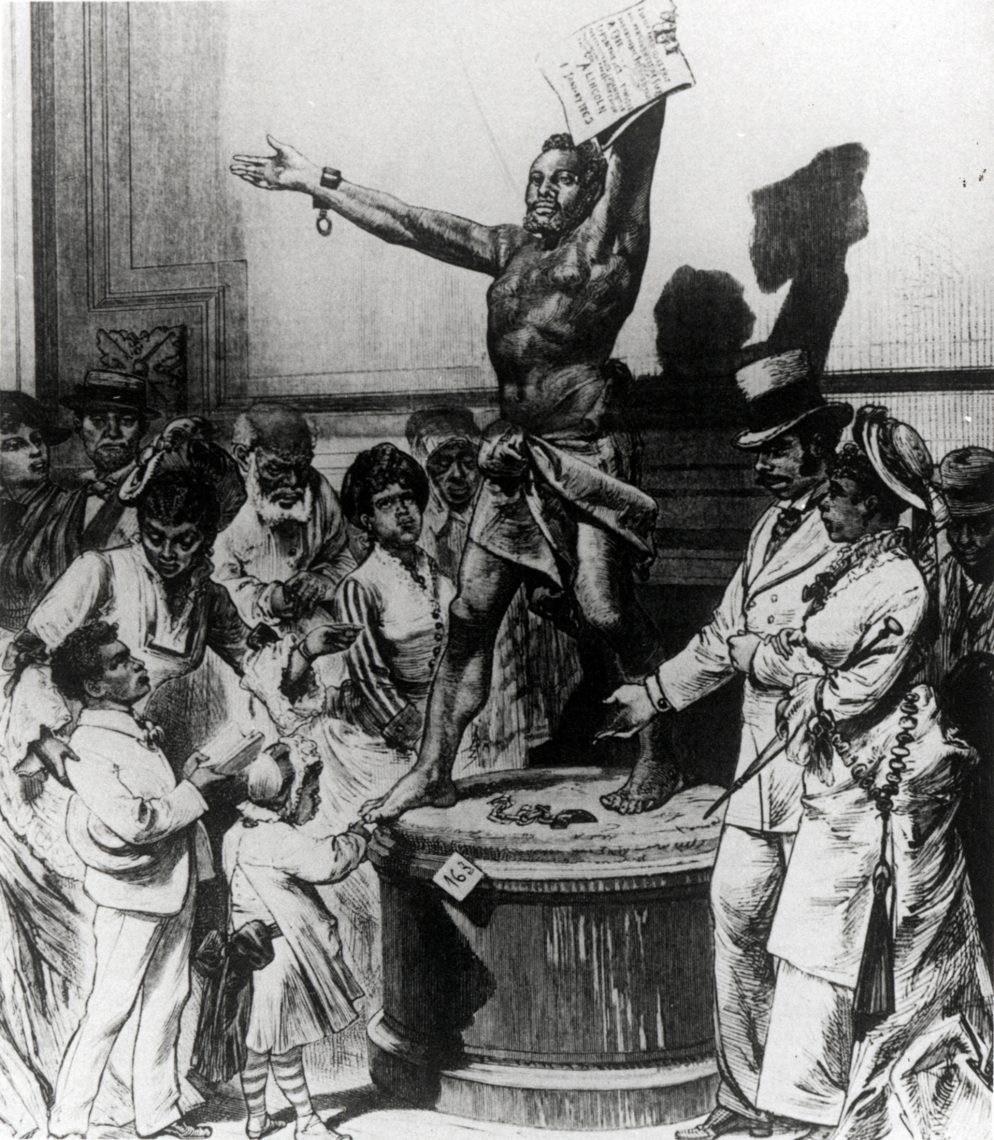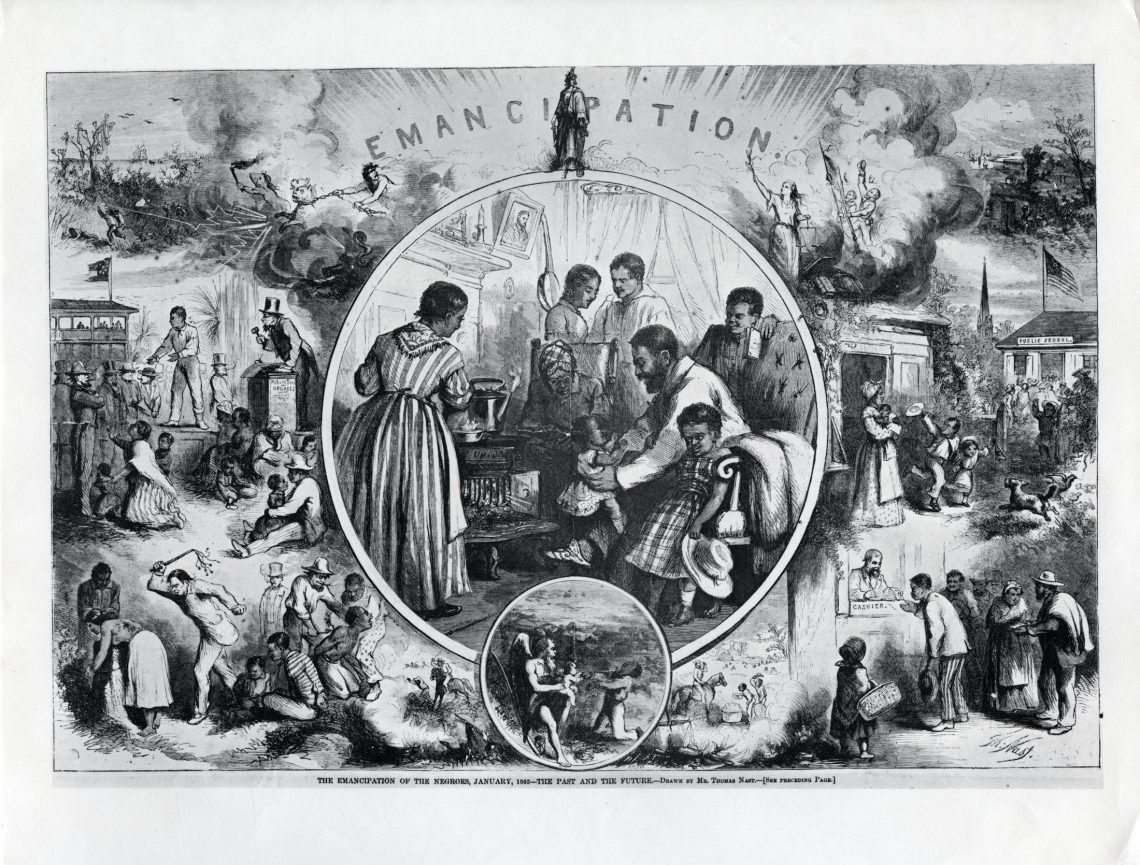
After Philadelphia and Temple University recognized Juneteenth as an official holiday earlier this week, Temple staff reflected on Juneteeth’s impact on our campus and society.
Aaron Smith, an assistant professor of Africology and African American Studies, sees a theme in the history of Juneteenth that still echoes today’s movement for racial justice: it’s a story of “justice delayed.”
Juneteenth, the country’s oldest celebration of the end of slavery, is a remembrance of June 19, 1865, when Major General Gordon Granger of the Union Army went to Galveston, Texas, to inform residents all enslaved people were free.
But the event came two years after the Emancipation Proclamation and six months after the passage of the 13th Amendment, which formally abolished the institution of slavery in the United States.
“Things have often been written down, but it takes time for actual ideas and policies and practices to take hold in the nation despite what’s been decided legislatively,” Smith said.

Even with legislation, justice hasn’t necessarily been guaranteed, said Diane Turner, curator of Temple’s Charles L. Blockson Afro-American Collection. She noted that even after the passage of the 13th amendment, slavery was allowed to persist in a different form: incarceration.
Because the 13th Amendment states that slavery or involuntary servitude is illegal in the U.S. except as punishment for a crime, “then incarceration becomes a new form of slavery,” Turner said.
Even today, this can be seen in the high incarceration rates of African Americans, Turner added.
While incarceration rates for Black people have decreased in recent years, Black Americans are more likely to be imprisoned than white or Hispanic Americans, especially Black men, according to a May report by the Pew Research Center.
Nah Dove, an assistant professor of Africology, said incarceration is one of the many injustices Black Americans have historically and presently faced. Dove, Smith and Turner admonished the killing of George Floyd and other Black Americans, and the continued delay in justice for those who were murdered by police.
This mistreatment of Black people persists because people are not taught to value the history, contributions and lives of Black people, Dove said.
“Education that deals with the racial structures and what race is about, what racism is about, has been denied people in the United States and all over the world,” she said.
Dove feels there should be “demands” to know this denied history.
“It’s really limited what people can know about what’s going on and the potential for people to develop and grow,” she added. “I think it’s a crime against humanity.”

Demands to learn and share this history were made just one week ago by the graduate students of the Department of Africology and African American Studies, The Temple News reported.
“A sustained, collective effort by the entire university community” to support the Department of Africology and African American Studies and the Blockson Collection would prove their sincere desire to learn about and support the Black community, Smith said.
It’s important for students to acknowledge that Black history, including Juneteenth, is something everyone should learn, Turner added.
“African American History is American history, and African history is world history, and it’s for everyone,” Turner said.
In addition to reflecting, celebrating is a vital way to honor those who heard they were freed 155 years ago, Dove said.
“It’s a moment when African people, men, women and children, boys and girls, felt that there could be a different life, there could be hope for the future, there could be a stop to the cruelty and the mistreatment of African people, when they felt that now’s the chance to be recognized as being human,” Dove said.
Marking this moment with a holiday honors that “the day that really mattered to people in that moment in time when they believed that it was possible to have a different life,” she added.

Despite social distancing restrictions amid the COVID-19 pandemic, celebrations of Juneteenth still occurred— though not in their traditional format.
The Blockson Collection hosted ‘Emancipation and Jazz,’ a virtual celebration remembering the life and legacy of Philadelphia jazz legend Robert “Bootsie” Barnes. Barnes was set to perform for a jazz appreciation event in April, which was canceled due to the COVID-19 pandemic.
Turner said that they chose to rebroadcast Bootsie’s 2014 performance at the Blockson collection to honor the musician, who died from the COVID-19 in April 2020.
The Pennsylvania Juneteenth Initiative, who organize the annual Philadelphia Juneteenth Parade and Festival, hosted a COVID-19 testing site and a mini-celebration voter registration drive at Global Leadership Academy Southwest at 52nd and Pine Streets.
Gary Shepard, media consultant for the Pennsylvania Juneteenth Initiative, said voter registration is a particularly important way for people to observe Juneteenth because it is a way for the Black community to observe Kujichagulia, a Kiswahili word meaning self-determination.
“That’s the day to celebrate your vote because that’s when all Americans became free,” Shepard said.
Shepard is proud Philadelphia recognized Juneteenth as an official holiday this year, he said.
“It’s important that it’s not diminished, that it’s recognized, people respect it, understand it, learn about it, so we can all move forward as a nation,” Shepard added.


I hope our President declares this day a national holiday.